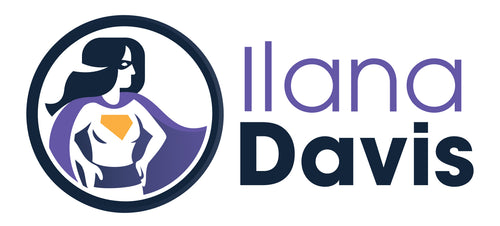Preorders, Backorders, and setting the availability date for Merchant Center in Shopify
Creating an early buzz for products that aren't yet released can be so much fun. Especially if you're teasing a bit without actually saying what it is. Lego does this very well as you can see in this tweet before announcing their product release for The Office.

Fans of The Office will likely recognize the play on the iconic jello mold scene. Reading through some of the comments, it's clear that their customers were stoked about the release of this product.
THERE'S A LEGO SET BASED ON "THE OFFICE"?!?!?!?! SIGN... ME... UP!!!
Hi LEGO. If this is a set based on The Office, please let me introduce you to my wallet. It is open and waiting.
Please, let us do pre orders so I can actually get this one... I missed out on the BTTF one... I really wanted that one and now I want this one just as bad! Please, take my money!
Using preorders can be a powerful marketing tactic. When done right, you can gauge the level of interest from your current customers and untapped audiences. Perhaps even better, it can give you an idea of how much you actually need to make or order to prevent overstocking or selling out too fast.
Though Shopify does try to help make preorders easier for merchants, there is still a lot to be desired. For example, Shopify has two options for your product availability. It's either in stock or out of stock.
Preorder apps have been a common solution as a way to show visually on the page that the product is available for preorder. Often missed however, is ensuring your structured data also shows the product availability as preorder.
Not showing the availability as preorder in the structured data schema markup can cause your Merchant Center ads to be disapproved for Google Shopping. The same goes for products on backorder.
Plus Google will show the preorder status directly in search results!

Merchant Center will check your landing pages to make sure they are legit and match the data from the data feed. One part of that matching is checking the structured data for the product price, availability, URL, and product identifiers (SKU, MPN, GTIN). If your product availability on your landing page and product feed both say preorder, but your structured data says something else, it's likely Google will disapprove your ad.
JSON-LD for SEO has the ability to set the product availability for all possible options that Schema.org and Merchant Center allow at the product level.
Until recently, this was all that you needed to do for to get your Shopify product ads on Google Shopping. I've noticed Merchant Center started asking for the availabilityStarts date. This definitely doesn't exist in Shopify.
With JSON-LD for SEO, you can add custom linked data that allows you to add the availabilityStarts date at the product and variant level.
Though Merchant Center prefers a known date for preorder and backorder product availability (e.g. June 8, 2024) they also say that an estimated date (e.g. June 2024) is also accepted.
JSON-LD for SEO
Get more organic search traffic from Google without having to fight for better rankings by utilizing search enhancements called Rich Results.




